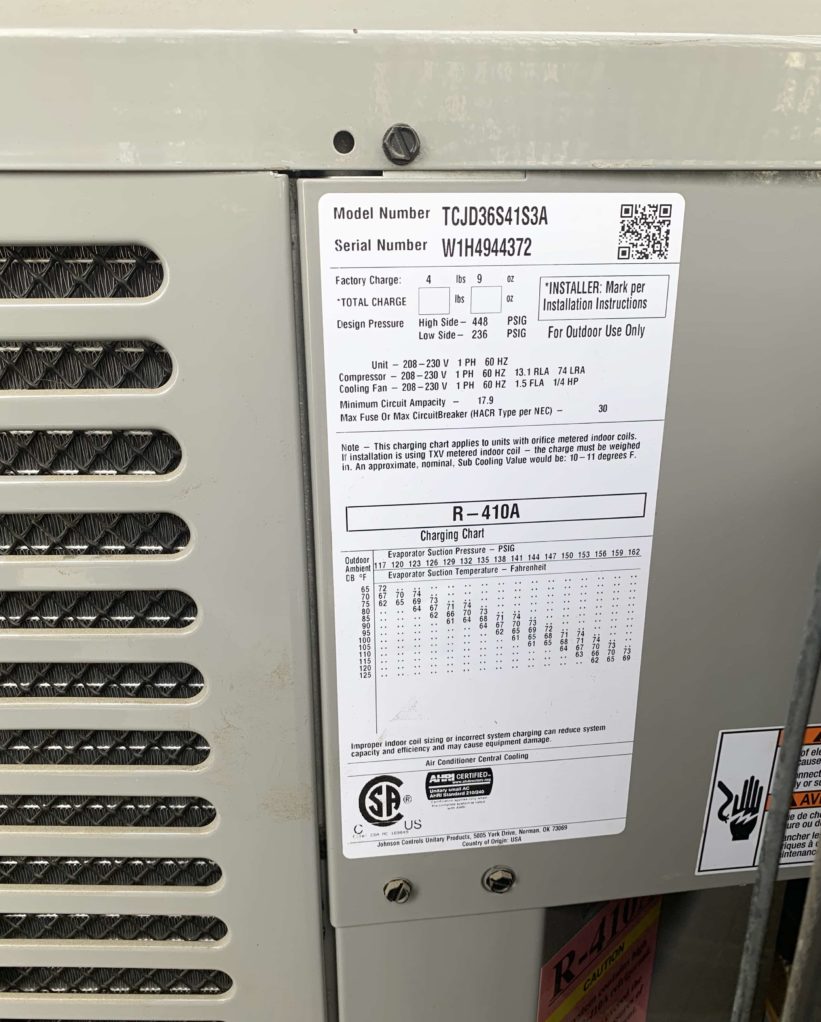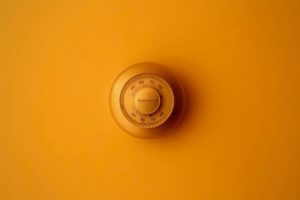If you’re in the market for a new air conditioner, you’ve more than likely come across the three letters BTU. These three letters, in that particular order, mean something crucial for the air conditioner, and how well it cools your home. What exactly does BTU mean though, and why are they so important? The following is a complete guide to what you need to know to understand BTUs.
What BTU Stands For
BTU is an acronym. It stands for British Thermal Unit. It’s a form of measurement that measures energy. One BTU refers to the amount of energy that’s required to increase the temperature of a pound of water by 1° F. It is most frequently used when talking about heating and air conditioning units.
What BTUs Mean for Your AC
Air conditioners come with a BTU rating. This rating essentially tells you how powerful the unit is. They are used to say to you the power of both heaters and air conditioners. Since BTUs measure the amount of energy required to heat a pound of water, this rating system makes perfect sense for heaters. What do they mean for an air conditioner, though?
Instead of heating, air conditioners remove heat from the air and circulates cool air back in. BTUs still work as a form of measurement in this case. Instead of measuring the amount of heat added to the air in your home, however, they measure how much heat is removed. Just like with heaters, the higher the BTU rating of an air conditioner, the more powerful it is.
How Many BTUs Do You Need?
When choosing a new air conditioner for your home, it is crucial that it be sized correctly. This doesn’t mean that the unit needs to fit within specific dimensions, though. Instead, sizing the air conditioner means choosing one with the right BTU rating. There are several different factors that go into making sure that you get the right air conditioner.
The primary factor in determining how many BTUs you need is the square footage of your home. You can easily find a chart online that will let you know how many BTUs are required to keep that amount of space cool. The height of your ceilings matter, too. While the number of BTUs recommended is based on square footage, these recommendations typically assume that your home has ceilings that are 8-feet high. If you have higher or lower ceilings, this will affect the power of the air conditioner you need.
It’s not just the dimensions of your home that matter. The location of your home and the type of floor plan you have will play into how many BTUs are needed. Homes in hotter climates will require more power than those located in colder climates. A sprawling floorplan will require more power than a compact, two-story one. Homes with open floor plans will also require more power than the ones that have smaller, enclosed rooms.
How well insulated your home is will matter. If your home is not well insulated, it will lose the cool air much more quickly. As a result, more power is necessary to keep up with this loss so that the unit isn’t running constantly. Another factor to consider is how many windows your home has. Windows don’t offer the same insulation as actual insulation. So, if you have several large windows in your home, you’re likely to require more power. Even with several large windows, however, there are things that you can do, such as adding light-blocking or insulating curtains, to help keep your house cool in the summer.
Does More BTUs Mean Better Cooling?
We’ve established that higher BTUs means that the air conditioner is more powerful. However, this doesn’t mean that you should automatically go for the largest unit you can find. In the case of air conditioners, bigger does not necessarily mean better. If your air conditioner is too powerful, it will cool your home too quickly. While this might sound like a fantastic thing at first, it’s pretty bad. In addition to cooling your home, your air conditioner also removes moisture. If it cools too quickly, that means it shuts off immediately, which means your AC doesn’t have time to remove moisture from the air.
Additionally, when it cools too quickly, this means that it will cycle on and off more often to keep your home to its set temperature. This means that your unit is at risk for wearing out and breaking down much sooner than you may have anticipated.
What Happens if You Don’t Have Enough BTUs?
On the other hand, having an air conditioner with too few BTUs is also problematic. Without enough power, your air conditioner will constantly be running to keep your home cool. Not only will this cause your air conditioner to wear out much faster (resulting in replacement sooner than you might have anticipated), but you will also be paying a lot for your energy bills.
When choosing a new air conditioner, BTUs is a very crucial component to consider. You can calculate the necessary number of BTUs you need yourself, but for the best results, it is always best to consult with a professional HVAC technician.




